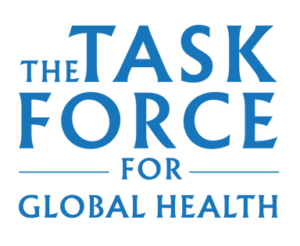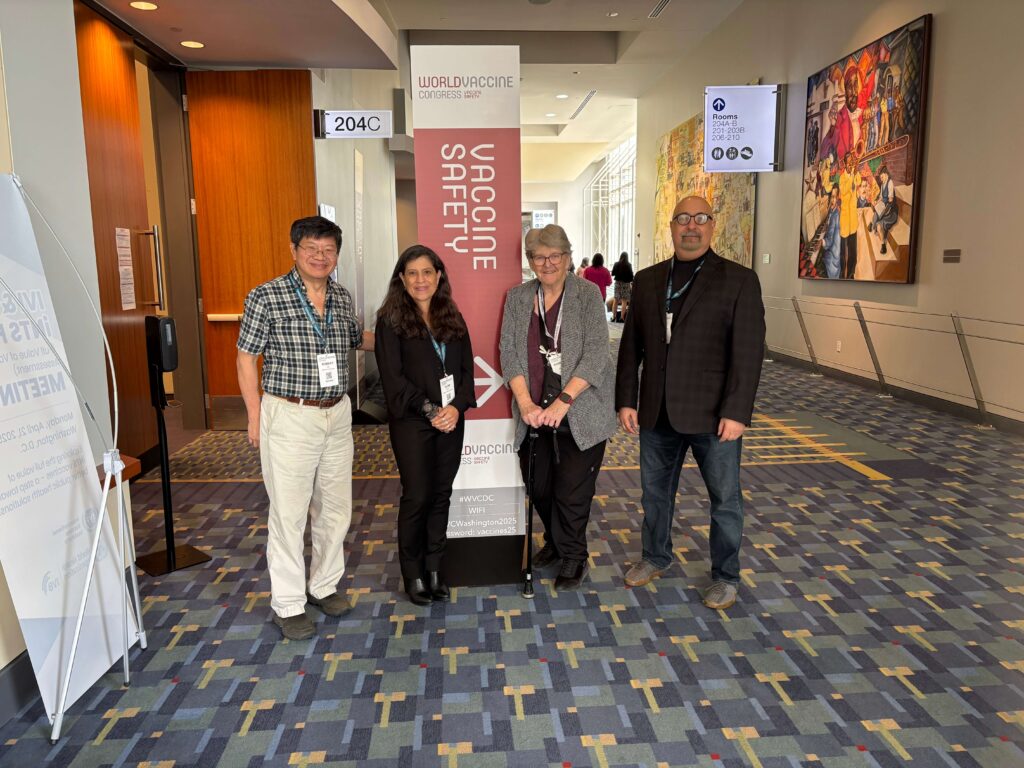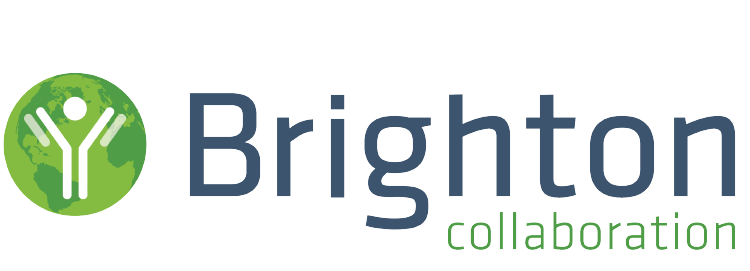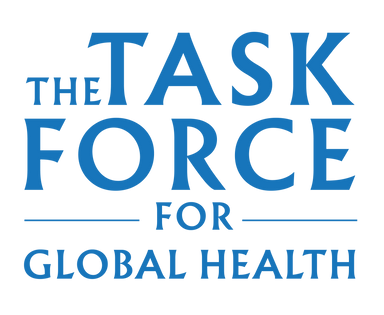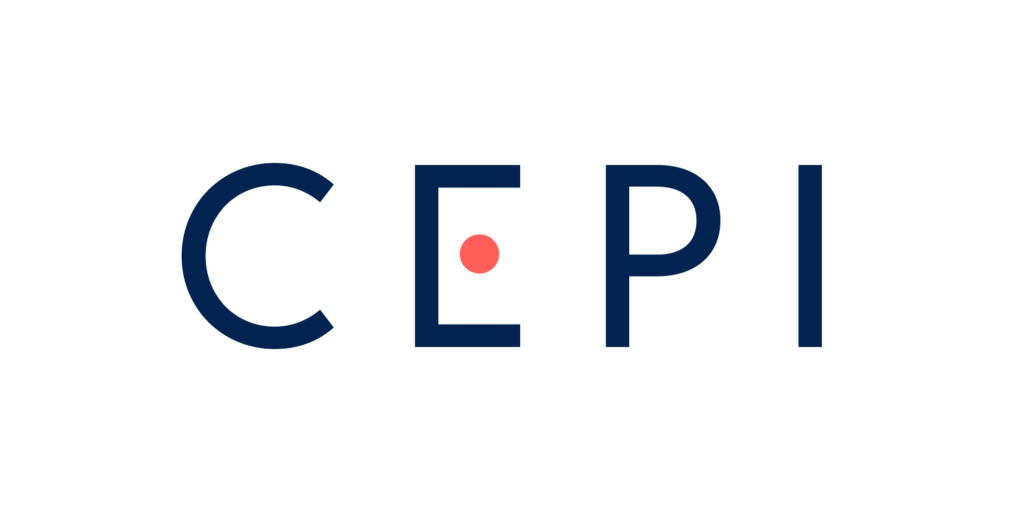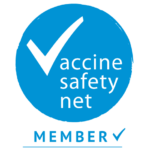This April, global leaders in immunization, public health, and biotechnology convened in Washington, D.C. for the 2025 World Vaccine Congress (WVC)—one of the largest and most influential gatherings in the vaccine field. Held from April 1–4, the event brought together regulators, manufacturers, researchers, and policy experts to share innovations and align on global strategies for vaccine development, access, and safety.
The Brighton Collaboration, through its SPEAC (Safety Platform for Emergency vACcines) project, contributed to the sessions focused on the evolving challenges of vaccine safety—from outbreak response to maternal immunization programs.
Responding in Real Time: Safety Monitoring During the mpox Outbreak
In the session “Considerations for Safety Monitoring During Outbreaks (the mPox Experience),” Dr. Robert Chen (Scientific Director, Brighton Collaboration) and Dr. Dale Nordenburg (Digital Transformation Lead, Brighton Collaboration) shared insights from SPEAC’s support during the 2022–2023 mpox emergency.
As the Mpox vaccine was deployed across new populations under emergency use, SPEAC worked with global partners to adapt safety monitoring tools to this fast-evolving situation. Drs. Chen and Nordenburg discussed how:
- Standardized case definitions and templates enabled rapid, coordinated action.
- Digital tools and harmonized data systems supported global signal detection.
- Outbreak-specific approaches ensured that speed did not compromise rigor.
Maternal and Infant RSV Protection: Key Questions for the Future
Brighton’s participation extended beyond emergency response. Dr. Flor Muñoz, a SPEAC team member and pediatric infectious disease specialist, participated in the expert panel:
“Our Global Maternal and Infant RSV Intervention Strategies.”
As several RSV vaccines and monoclonal antibodies (mAbs) roll out globally, the panel explored:
- Persistent challenges with coverage, cost-effectiveness, and equitable access.
- The role of real-world effectiveness data in shaping clinical and public health decisions.
- What we know—and still need to learn—about duration of protection, booster needs, and viral resistance.
- How post-licensure safety surveillance may affect provider and patient attitudes, particularly when choosing between maternal immunization and passive immunization via mAbs.
Dr. Muñoz’s contributions emphasized the need for ongoing, high-quality safety monitoring as maternal immunization programs evolve—and the importance of building public trust through transparent data and communication.
Whether supporting outbreak response or contributing to long-term maternal-child health strategies, SPEAC and the Brighton Collaboration remains committed to one mission: ensuring that vaccines are not only effective—but confidently trusted.


